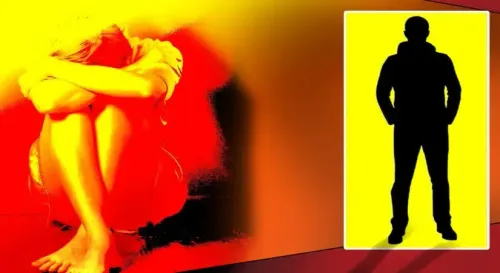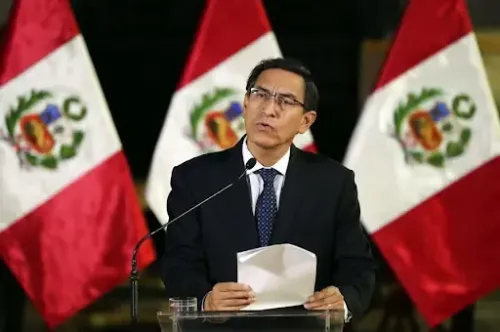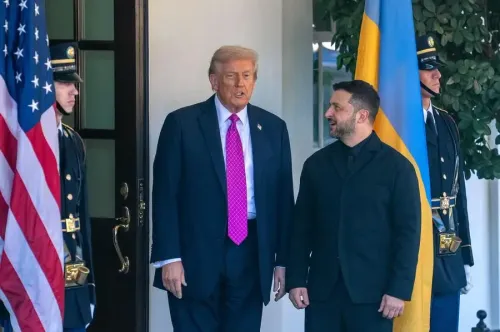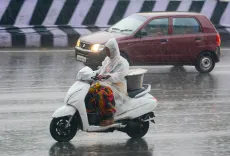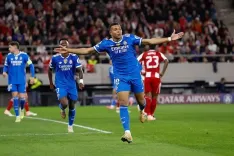Hezbollah Leader Rejects Disarmament, Calls It a 'Gift' to Israel

Synopsis
Key Takeaways
- Hezbollah's leader dismisses disarmament as a fantasy.
- Qassem asserts that weapons are essential for Lebanon's sovereignty.
- Critics of Hezbollah's military role are accused of promoting foreign interests.
- Lebanese President reaffirms commitment to state control of arms by 2025.
- Ongoing Israeli aggression remains a significant concern.
Beirut, April 19 (NationPress) Hezbollah leader Naim Qassem has rejected the demands for the group's disarmament, cautioning that any such initiative is a fantasy that would ultimately benefit Israeli interests.
"No one will be permitted to take away the weapons of the resistance," Qassem declared on Friday during a public address that focused on Lebanon's defense strategy and the prevailing political climate.
"Israel desires to see Lebanon weak and unprotected so that it can realize its expansionist goals."
He argued that calls for disarming Hezbollah under the guise of fortifying the state are effectively presenting a 'gift' to Israel, as reported by Xinhua news agency.
According to Qassem, the weapons of the resistance are a reaction to Israeli occupation and hostility, remaining crucial for preserving Lebanon's sovereignty.
"The Lebanese army alone does not possess the capability to defend the country," he stated, insisting that Hezbollah's military function is vital alongside state institutions.
These statements heighten an ongoing discussion regarding Hezbollah's military independence, which has historically polarized Lebanese politics.
Qassem accused local critics advocating for disarmament of pushing foreign agendas and exacerbating manufactured crises.
"The real threat is Israel's occupation and continuous aggression," he asserted.
Lebanese President Joseph Aoun, during a visit to Qatar this week, reiterated his promise to bring all arms under state management by 2025, highlighting that this process should be guided by 'domestic agreement, not external pressures.'
He also commended Hezbollah's 'restraint' since a truce with Israel was established in November, noting the group's surrender of over 100 positions near the Litani River.
Prime Minister Nawaf Salam echoed the President's viewpoint in an interview with Saudi broadcaster Al Arabiya, asserting that 'only the state may determine matters of warfare and peace.'
Both Aoun and Salam, who have publicly questioned Hezbollah's military role, took office in recent months after a protracted period of intense conflicts between the group and Israel.
Their appointments are widely seen as indicators of Hezbollah's diminishing influence within Lebanon's political framework.
As per the November ceasefire agreement, Israel was supposed to withdraw all its forces from southern Lebanon.
However, despite this arrangement, its troops have remained at five positions in southern Lebanon that they consider 'strategic.'
Israel has also continued to execute nearly daily strikes against Lebanon— including on Friday— claiming to target Hezbollah members.


